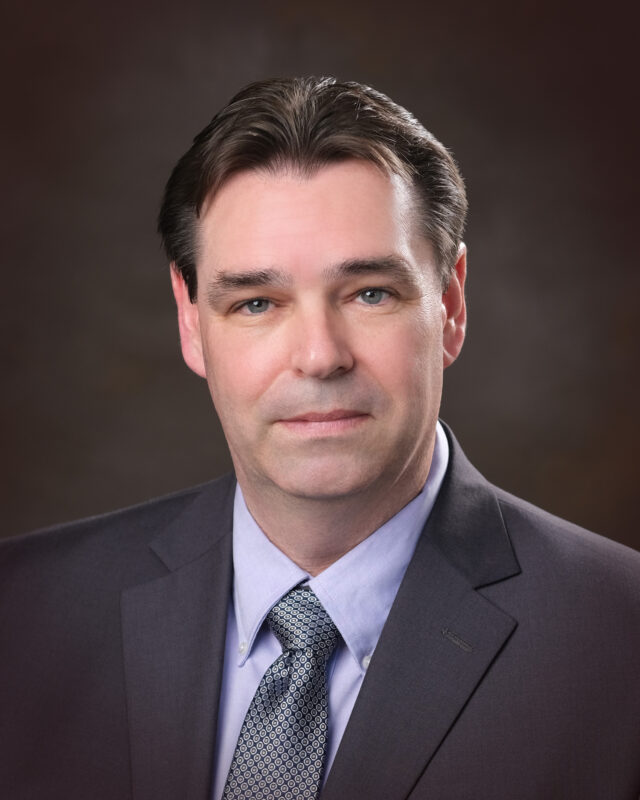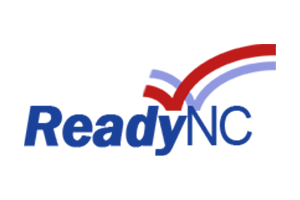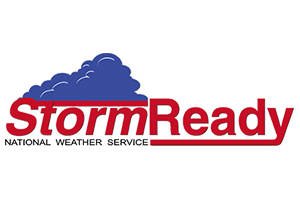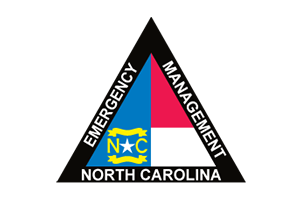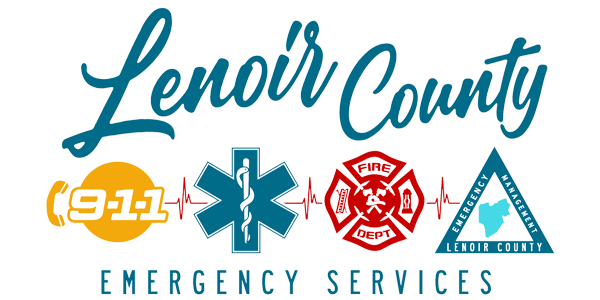EMERGENCY SERVICES
QUICK LINKS: Emergency Services Home | Emergency Management | Fire Marshal's Office | E-911 Communications | Emergency Medical Services | Hurricane Evacuation Routes | EMS Protocols | Emergency Services Resources | Sign Up for Emergency Notifications (Hyper-Reach) | Volunteer Firefighter Form

